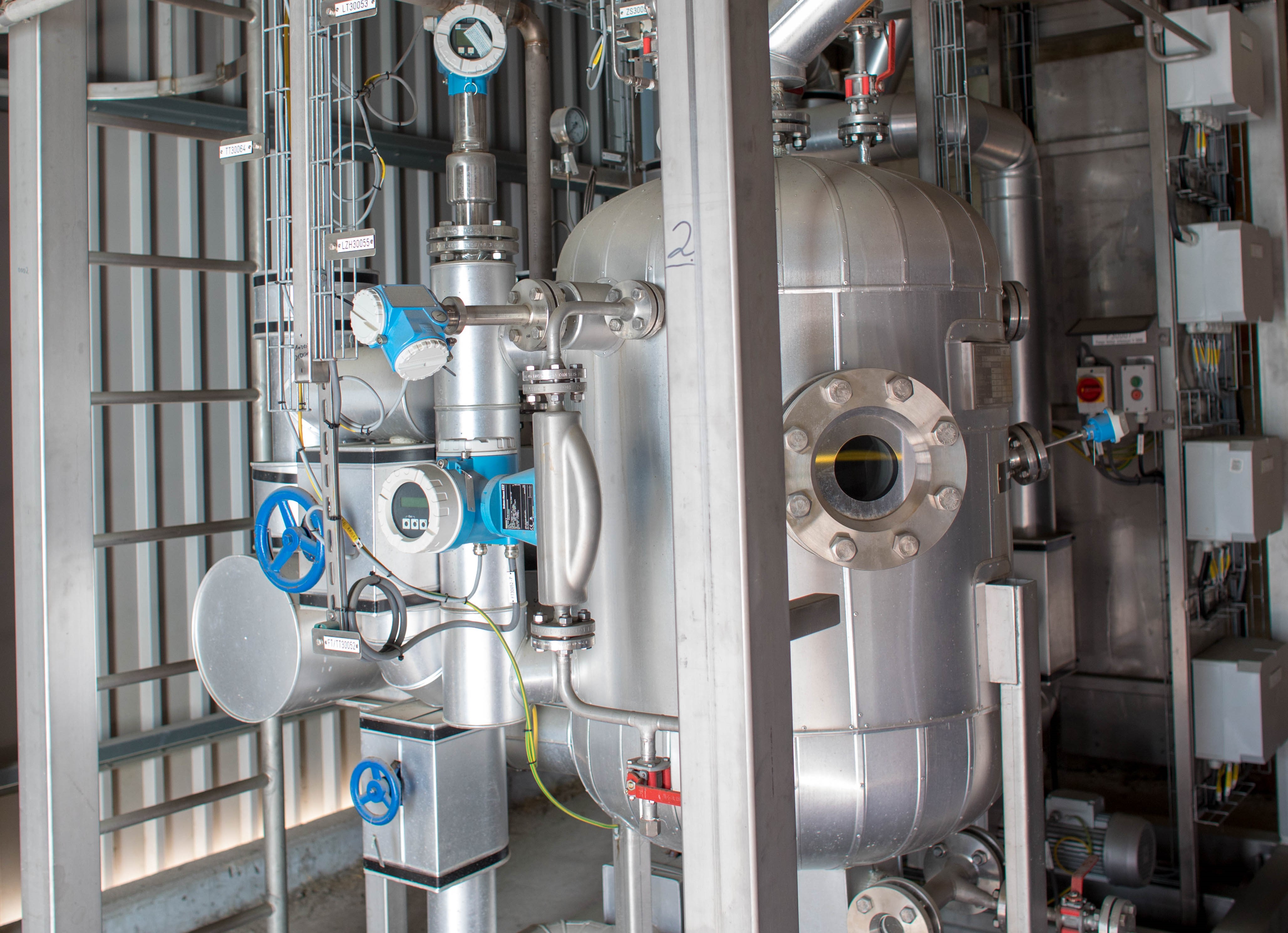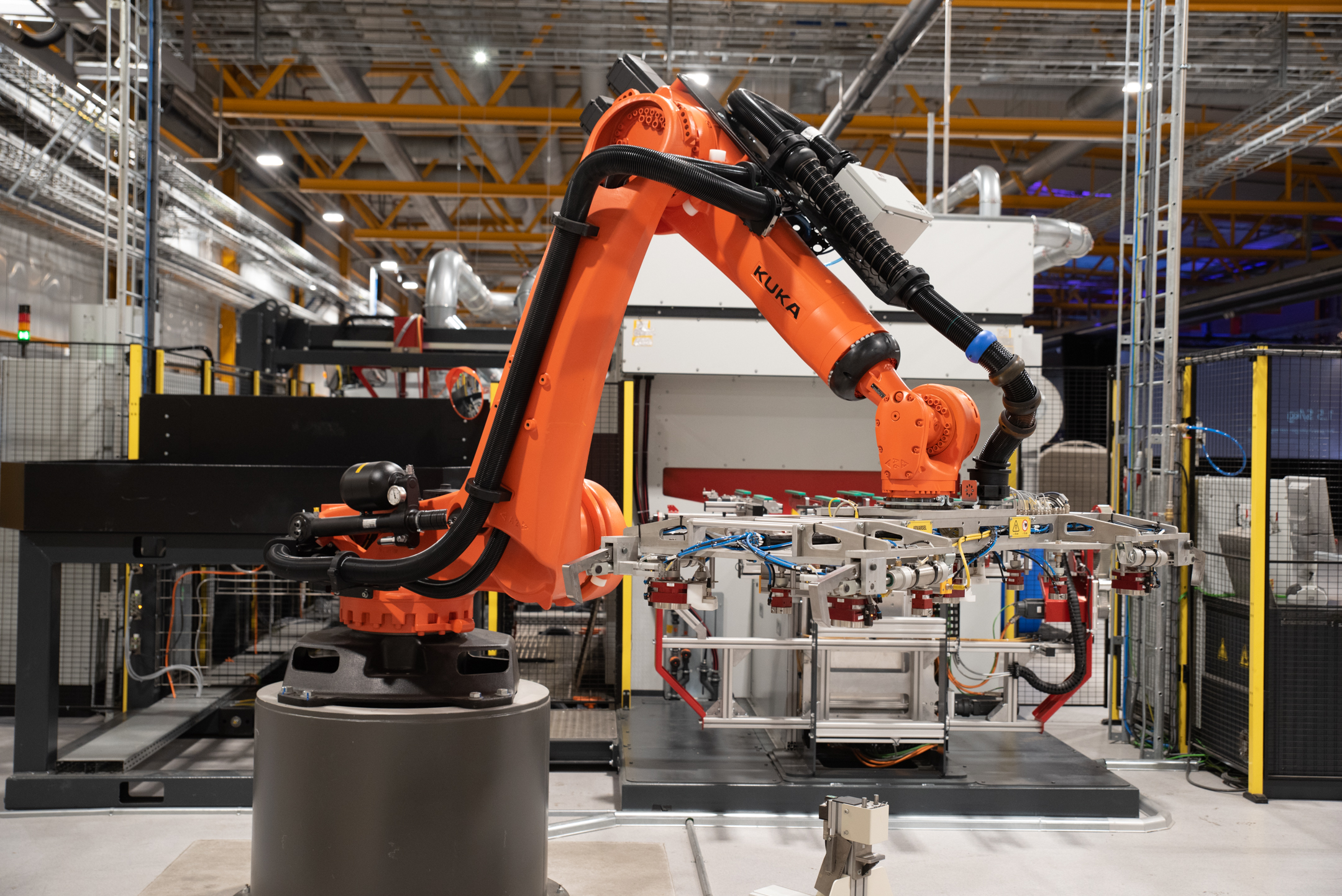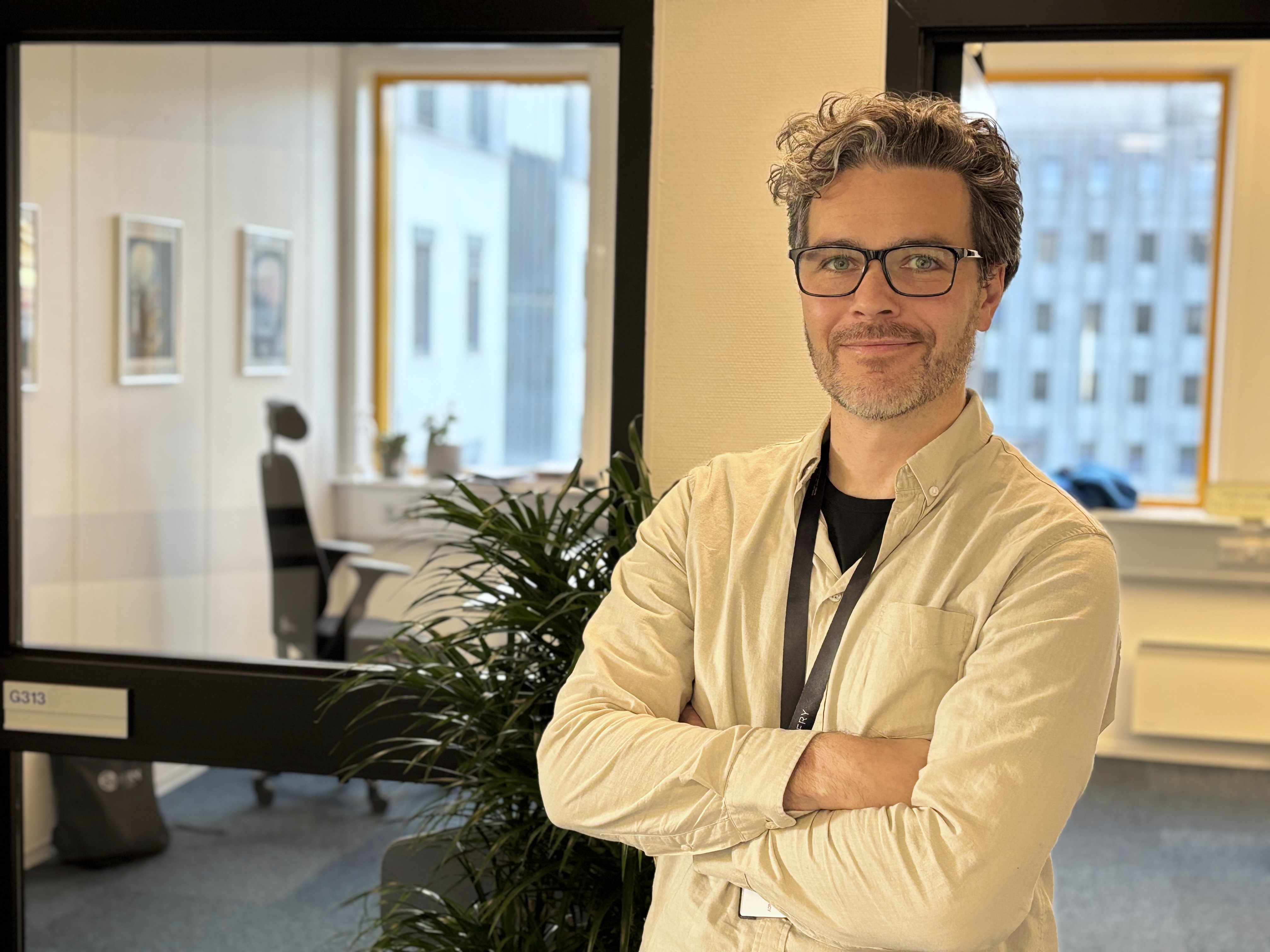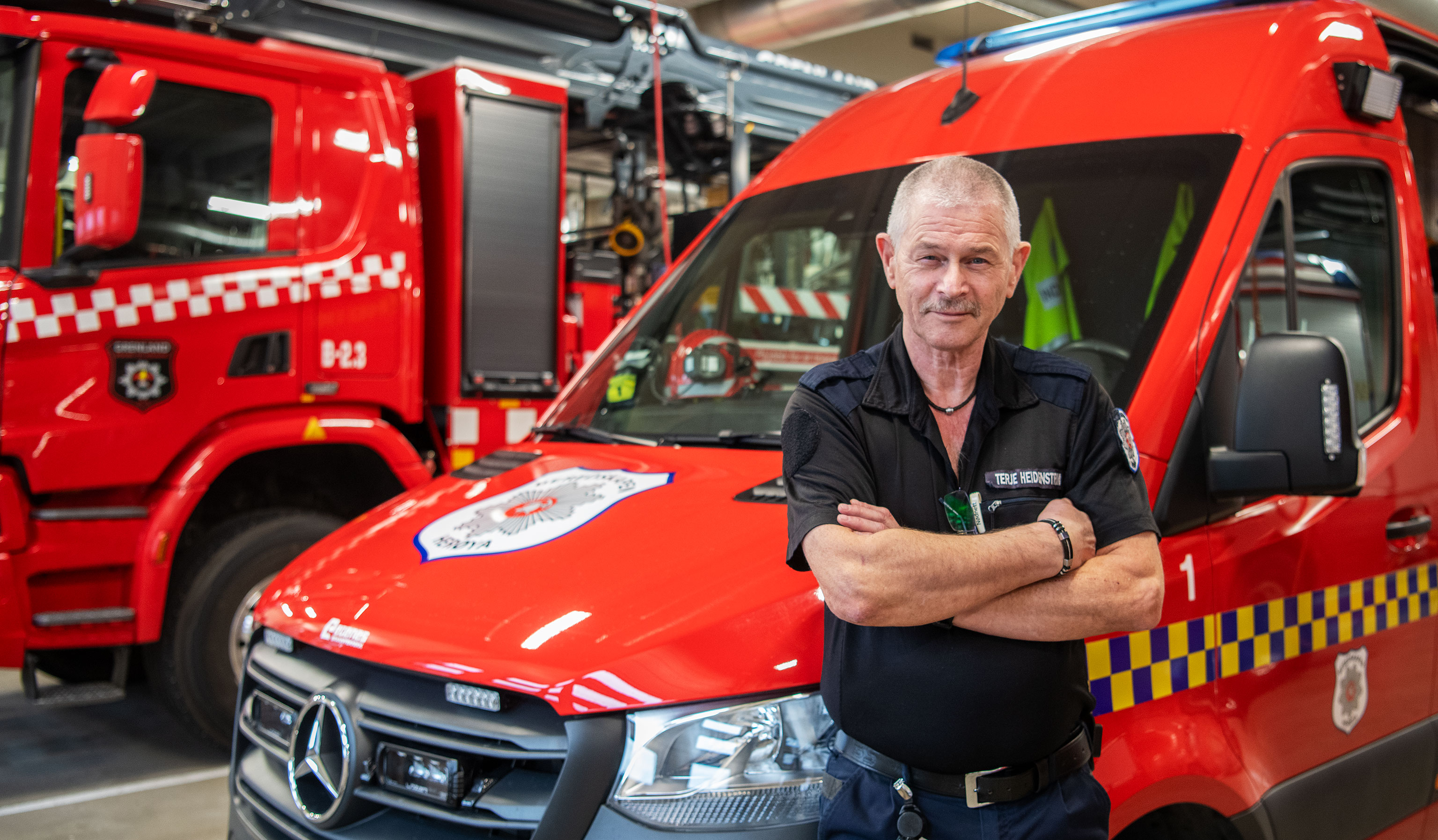The project, which has been named SecREEts, is led by SINTEF with the Norwegian companies Yara and REEtec in key roles. Launch of SecREEts is expected in spring 2018.
The raw material for the production of rare earth metals will come from phosphate berries that Yara uses in its fertilizer production at Herøya. REEtec will divide the metals into its new demo facility in Building 125, right next to Yara's production.
Dominated by China
The rare earth market, which is important in the production of electronics and many climate-friendly technologies like wind turbines and electric car engines, is fully dominated by China and Chinese players.
The EU has a stated goal of reducing this dependency by establishing a European value chain based on European raw materials, processors and manufacturers. Today there is no European production of rare earths. The Norwegian companies Yara and REEtec thus become the only European producers of these demanded metals.
Untapped resource
SecREEts will establish a competitive and environmentally-friendly European value chain for rare earths based on the phosphate-rich stone Yara uses in its fertilizer production.
The rare earths in this raw material are not utilized today, but Yara and REEtec want to change that. The plan is to establish pilot processes to produce concentrates of the rare earths in the raw material. Then, REEtec will use its newly developed separation technology to extract rare earths of high purity, from 99% up to 99.999%.
The soils that are oxide form will then be delivered to English Less Common Metals (LCM) that will make metals of them for delivery to German Vacuumschmelze (VAC), a leading European manufacturer of so-called permanent magnets.
Circular economy in practice
"This project is about creating value by utilizing an untapped resource," says Kari-Anne Leth-Olsen, Head of Department at Yara's Technology Center in Porsgrunn.
Yara's production uses about 650,000 tonnes of phosphate annually, and it contains about 0.3 - 1, 0 percent rare earths that are not currently recovered. For years, Yara has researched how to exploit this resource.
"In cooperation with REEtec, we now establish an almost integrated production where Yara concentrates the soil types, and REEtec separates them into high purity. This is circular economy practice and an important contribution to optimal resource utilization for the benefit of the environment, "says Leth-Olsen.
New technology
REEtec has developed a new separation technology for rare earths and has had a pilot plant in operation for a few years. Based on positive experience with the pilot, the company has decided to establish an industrial scale demonstration plant on Herøya. The plant will be ready for production in 2018.
"Being able to utilize raw materials from Yara fits well into our plans for an industrial separation plant in Herøya," says Sigve Sporstøl, CEO of REEtec AS.
"In addition to being environmentally friendly and efficient utilization of an untapped resource, it is also very promising business to be part of a competitive and technologically advanced European value chain for soil minerals," says Sporstøl.
Pilot Arena Herøya triggering
The fact that Yara and REEtec are in Herøya Industrial Park, which has its own Pilot Arena for testing and developing new ideas, has been triggering the project.
"These projects are exactly what we want," says Rolf Olaf Larsen, Pilot Arena Herøya. "This is an example of the synergies we can get between businesses in the industrial park," he emphasizes.
Second largest allocation
Horizon 2020 is the world's largest research and innovation program with about 80 billion euros available during the 2014-2020 program period. It is a prominent goal for Norway participating in the EU Framework Program that Norwegian companies and research institutions receive a fair share of project support annually assigned.
This is the second largest allocation to Norwegian players in the history of the framework program, and negotiations with the European Commission will follow shortly. The total framework for the SecREEts project is close to NOK 200 million.
21. January 2018




